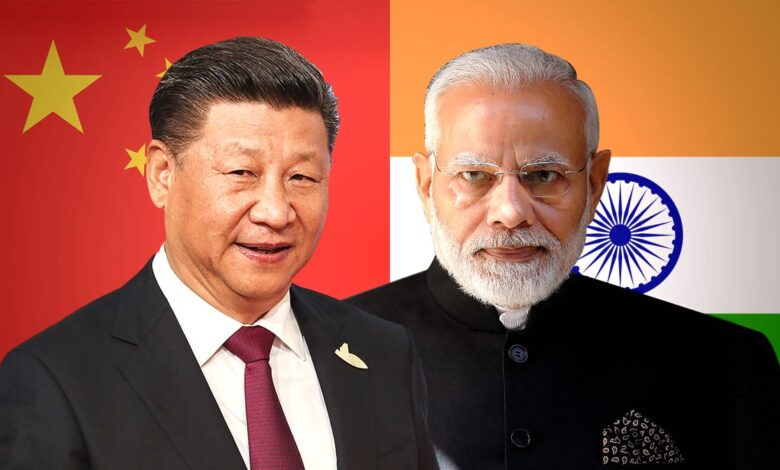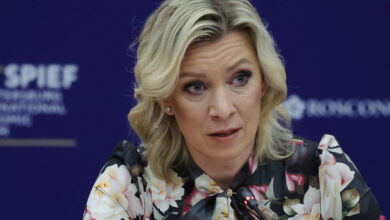India refuses to endorse China’s Belt and Road Initiative at SCO summit
All the member nations of the Shanghai Cooperation Organisation agreed to endorse China’s Belt and Road Initiative.

India has once again refused to endorse China’s Belt and Road Initiative (BRI), becoming the only member nation at the Shanghai Cooperation Organisation (SCO) summit not to sign an agreement in support of China’s ambitious project. India has also added that the China-Pakistan economic corridor violates India’s territorial integrity and sovereignty. All the other member nations Russia, Pakistan, Kazakhstan, Kyrgyzstan, Pakistan, Tajikistan and Uzbekistan reaffirmed their support for the BRI.
“Reaffirming their support for China’s ‘Belt and Road Initiative’ (BRI) initiative, the Republic of Kazakhstan, Kyrgyz Republic, Islamic Republic of Pakistan, Russian Federation, Republic of Tajikistan and Republic of Uzbekistan note the ongoing work to jointly implement this project, including efforts to link the construction of the Eurasian Economic Union and BRI,” it said.
The declaration said the member states also considered it important to ensure the implementation of the SCO Economic Development Strategy 2030 adopted by interested member states and projects aimed at promoting cooperation in several areas such as digital economy, finance, energy and food security and modernisation of existing international routes for road and rail transport. Notably, India has also refused to sign the SCO Economic Development Strategy 2030, saying that the wordings were reminiscent of Chinese official policies and had an excessive influence of Chinese policies.
This is similar to the Samarkand declaration of 2022, which also had said that Kazakhstan, the Kyrgyz Republic, Pakistan, Russia, Tajikistan and Uzbekistan reaffirmed their support to BRI. The Samarkand declaration stated, “The member states deem it important to boost the international community’s joint efforts in countering attempts to involve young people in the activities of terrorist, separatist and extremist groups, and to pay particular attention to preventing the spread of religious intolerance, aggressive nationalism, ethnic and racial discrimination, xenophobia, and ideas of fascism and ultranationalism.”
India chaired this year’s SCO summit for the first time. Prime Minister Narendra Modi chaired the virtual summit, during which the members adopted eleven documents and decisions.



